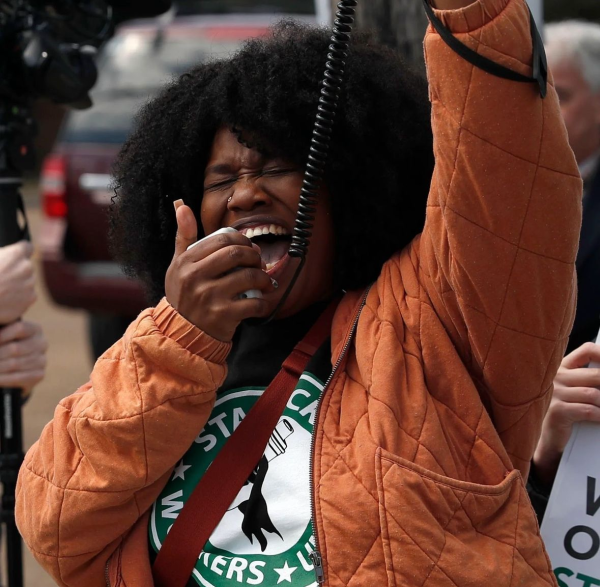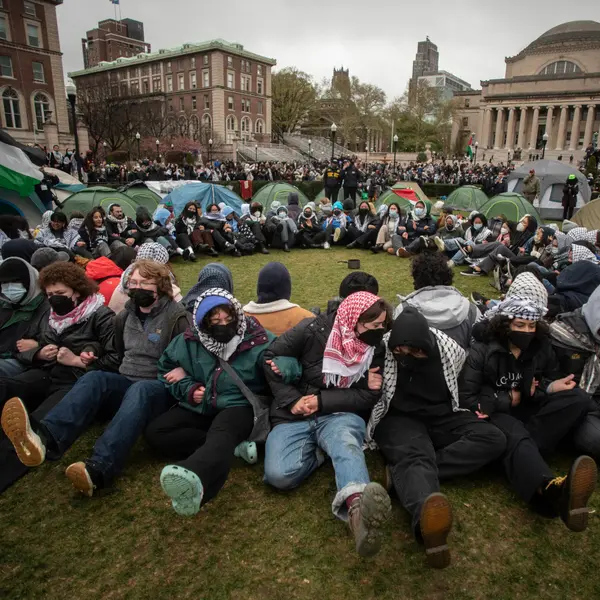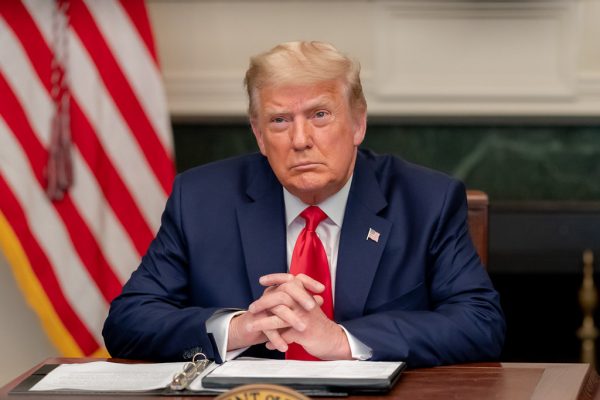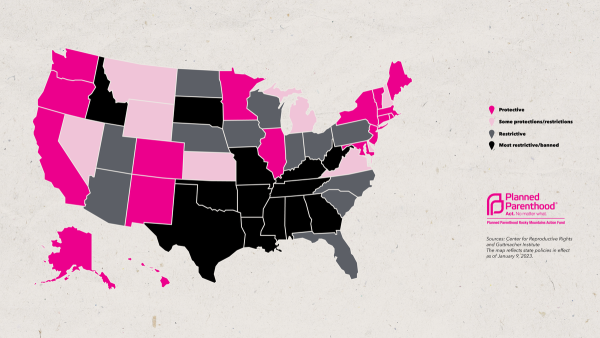New Firearm Legislation
November 11, 2022
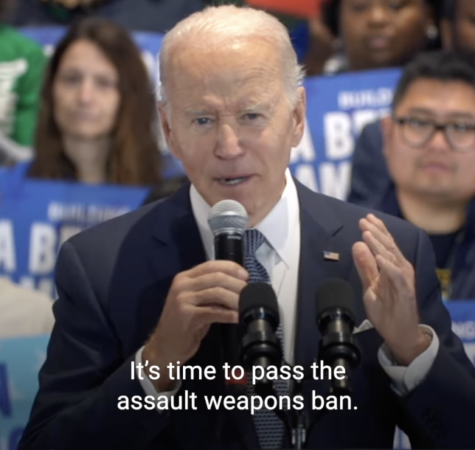
the wake of the July 4th Highland Park shooting, many, especially those in the targeted communities, are looking to the government for change. The question now is: will change actually happen? For many, the shooting is just another in a line of tragedies that have rocked the country but, ultimately, led to little regulatory change. However, there are signs that the Biden administration is striving to make some improvements, even if gradual.
On June 25, 2022, President Biden signed into law the first major gun legislation passed by Congress in over 30 years. The Bipartisan Safer Communities Act, passed by a 234 to 193 vote in the House, included incentives for states to pass so-called “red flag” laws, which allow people to petition the courts to remove guns from people considered a threat to themselves or others. The bill also bans those convicted of domestic abuse (not only between current or former spouses, but also between dating partners) from owning firearms. In addition, it will expand background checks for those over the age of 18 and under 21. On the subject, democratic Senator Chris Murphy of Connecticut said that “It doesn’t do everything I want, but what we are doing will save thousands of lives without violating anyone’s Second Amendment rights.”
The NRA has officially announced that they will oppose the bill saying that the legislation “can be abused to restrict lawful gun purchases, infringe upon the rights of law-abiding Americans, and use federal dollars to fund gun control measures being adopted by state and local politicians.” So while many desire further federal gun legislation, progress is being made. In addition to this, several states have passed gun legislation over the summer and early Fall, including New Jersey, New York, Colorado, California, Delaware, Rhode Island, and Vermont.
On the subject of whether or not progress will be made, history teacher Akim Mpofu said “I think there will be progress within the states, but federally, there are too many lobbying gun groups to avoid stagnation.” So in the meantime, it seems while some progress has been made, future progress seems to be confined to a state level, with federal legislation being halted by private interests.






